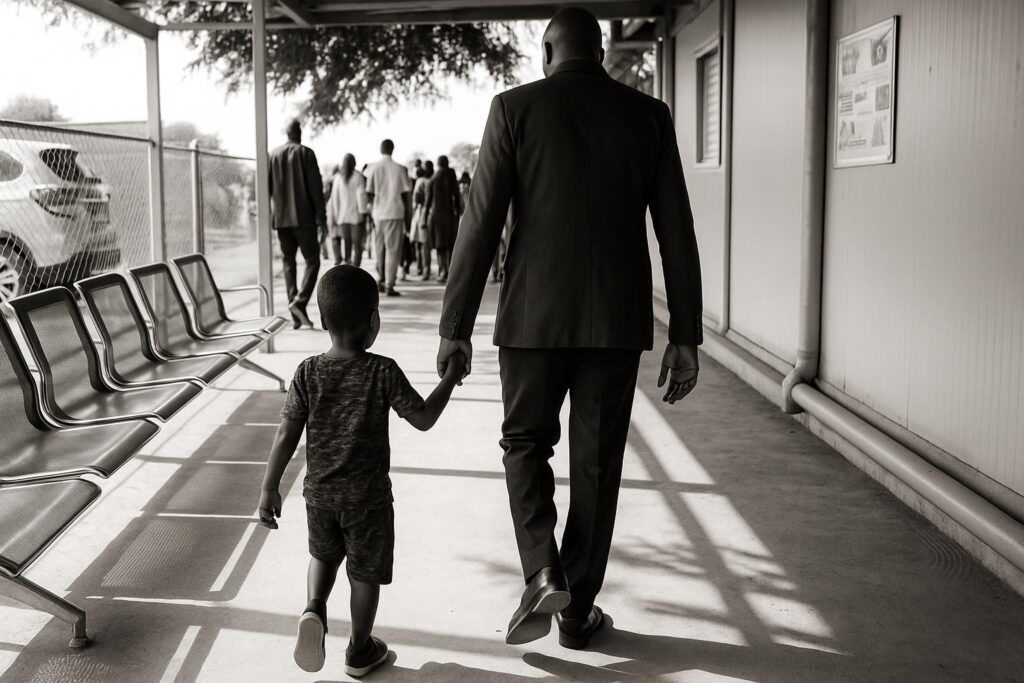Spate of Child Kidnappings Rocks Lokiliri
News of more than two hundred children snatched from villages around Lokiliri Payam has shocked Central Equatoria State this month.
Residents recount dawn raids by armed men who, witnesses say, moved swiftly through sparse savannah, herding terrified minors toward the Greater Pibor Administrative Area.
Lawmakers Sound Security Alarm
Addressing the state assembly, Hon. Jackline Benjamin Lado reported 300 abductions and 150 killings in only two years, pleading for decisive intervention.
She asked colleagues to summon both Governor Emmanuel Adil and Chief Administrator Abudhok Ayang to clarify response plans and resource gaps.
Communities Demand Robust Protection
Lokiliri elders argue that seasonal patrols are failing, citing ambushes on the Liriya road where four schoolchildren vanished from a commuter bus.
‘We cultivate peace, yet violence chases us,’ said farmer Mary Kenyi, her uniformed son still missing since July.
Activists Compare Crisis to Modern Slave Trade
Civil society leader Edmund Yakani labelled the kidnappings a form of twenty-first-century slave trade and urged prosecutors to treat perpetrators under crimes against humanity statutes.
Faith leaders from the South Sudan Council of Churches held prayers in Juba, advocating trauma counselling for surviving children and families.
Political Dimensions Under Scrutiny
Some MPs question whether rival communal elites exploit abductions to pressure Juba over disputed grazing corridors and revenue allocations.
Analyst Abraham Kuol cautions against oversimplification: ‘The triggers mix resource scarcity, historic raiding culture and weak border governance.’
Regional Cooperation Essential for Recovery
Security chiefs from Central Equatoria and GPAA are scheduled to meet in Torit next week under UNMISS facilitation, aiming to map joint patrol corridors.
UNICEF maintains family-tracing teams on standby should escapees surface, while humanitarian agencies call for improved phone networks to expedite alerts.
Observers stress that sustained funding, rather than emergency visits, will determine whether the missing two hundred children ever return home.


